Зарегистрируйтесь на getAbstract, чтобы получить доступ к этому краткому изложению.
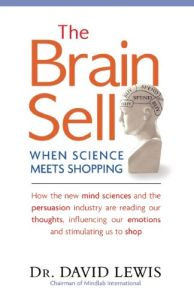
Зарегистрируйтесь на getAbstract, чтобы получить доступ к этому краткому изложению.
David Lewis
The Brain Sell
When Science Meets Shopping
Nicholas Brealey Publishing, 2014
Что внутри?
You have no secrets or free will – unless you learn how marketers use mind science to make you buy.
Recommendation
Cognitive neuroscience’s great leap forward brought marketers in its wake. Noninvasive neuroimagers like MRI scanners and EEG machines show the inner workings of the human brain as never before. Businesses use this information to develop marketing campaigns that manipulate your subconscious. However, most people are not aware of, nor do they consent to, this type of mind manipulation. Dr. David Lewis, co-founder of Mindlab International, describes the latest discoveries in brain science and how advertisers exploit them. His goal to cover every aspect of this subject is noble and ambitious, but it leads to some cumbersome reading in places. Lewis’s new and illuminating ideas will reward your persistence. getAbstract recommends his insights and overview to consumers and advertisers seeking conscious awareness of purchasing habits and patterns.
Summary
About the Author
Dr. David Lewis, the “father of neuromarketing,” co-founded the research firm Mindlab International, and wrote several books, including The Soul of the New Consumer and Impulse.










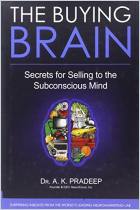
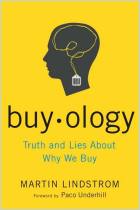
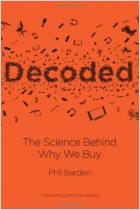

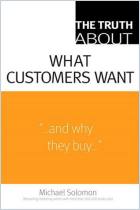





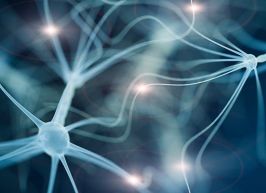


Comment on this summary